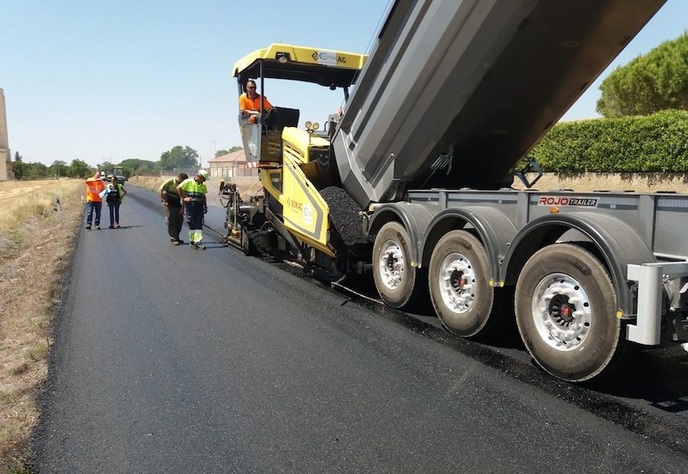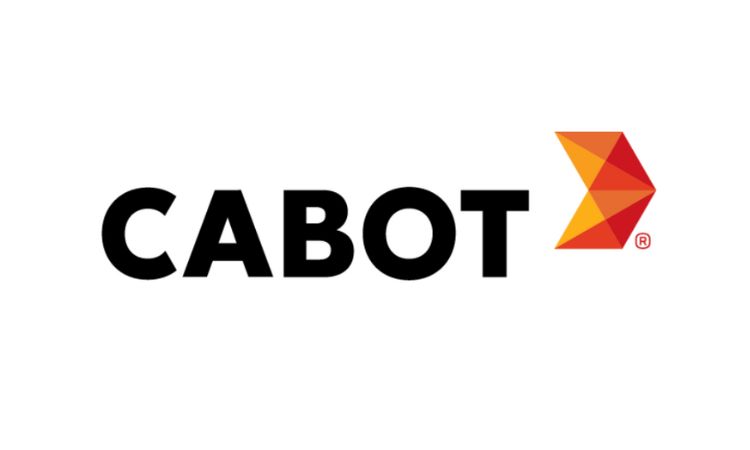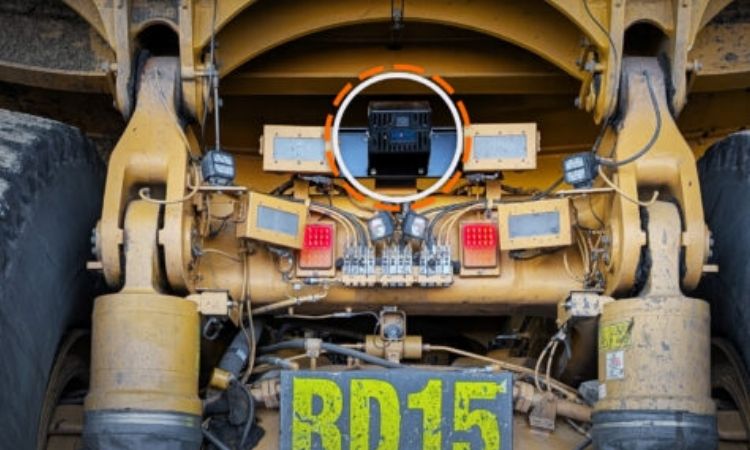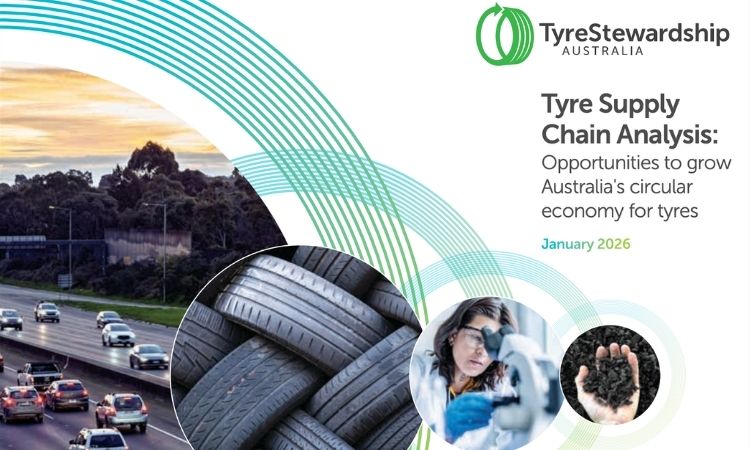Innovative rubberized asphalt technologies developed by EU-funded project
Novel asphalt additive for better, safer and environment-friendly roads has been developed by an EU-funded project Silent Rubber Pavements. The pavement industry faces different challenges in realizing more silent and eco-friendly pavements that need less maintenance. Crumb rubber, a granulated material obtained from scrap tires or other rubber goods, is a promising solution held back by several barriers.
Crumb rubber is manufactured by tire buffings, a by-product of retread tires and scrap tire rubber mainly from cars. On average, 5 kg of crumb rubber can be obtained from one tire. The use of crumb rubber from end‐of‐life tires (ELTs) in bituminous (asphalt) mixtures can overcome the pavement industry’s challenges. However, it hasn’t been widely implemented for three main reasons.

Photo: courtesy of Silent Rubber Pavements.
“Crumb rubber alone can’t be placed directly in the mixes because it will swell and absorb the bitumen – asphalt cement – thus eroding and deteriorating the pavement,” explains Maria de la O Terciado, coordinator of the EU-funded Silent Rubber Pavements project. “The wet method works well but requires contractors to buy expensive equipment. If crumb rubber is used in terminal blends, it’s essentially a waste of product because it becomes completely digested over time.”
High tech hits the rubber
The Silent Rubber Pavements team manufactured RARx, an innovative product that introduces a large amount of crumb rubber powder from ELTs to roads. It incorporates this powdered rubber into asphalt mixtures. The powder, which makes up about 60 % of its composition, is pretreated with bitumen and other mineral additives. RARx modifies plain bitumen by increasing its performance grading, resilience and recovery properties. It can be added to any type of hot mix asphalt for replacing part of the bitumen at different proportions. It’s easy to store, transport and work with in asphalt plants.
RARx’s technical features are an improvement over current solutions in the asphalt and road construction market. It also has a competitive price advantage over competitors. RARx optimises asphalt packages by up to 50 %, with considerable savings on site. Employing RARx in mixtures can save up to 46 % in costs, with savings of up to EUR 50 000 per km of road built. A life-cycle cost analysis demonstrates that RARx enables the production and installation of longer-lasting asphalt mixes that use much more efficient construction systems.
Introducing crumb rubber powder to roads was challenging because the asphalt mixes domain involves a lot of normalisation and standardisation worldwide. “It’s difficult to find a country that doesn’t have its own regulations for use,” comments de la O Terciado. “In this sense, introducing RARx to the markets is complex, since it requires a process of regulatory study and adaptation to its own standards to convert it into a product that can be used regularly.”
Going global
Silent Rubber Pavements is seeking the necessary approvals to commercialise RARx in Spain, then other European countries, followed by Asia and the United States. This has led to the creation of the joint venture CIRTEC, a Spanish company that is the driving force behind RARx in the market. The product is currently being used on the streets of Madrid.
“RARx will enable plants to manufacture high-performance asphalt mixtures for small or large works without incurring extra energy costs,” concludes de la O Terciado.
“Silent Rubber Pavements will result in more technically sound roads, give new life to ELTs, lead to cost-efficient road projects and ultimately make the circular economy in the pavement industry a reality.”
Article by CORDIS – EU Research Results.
Weibold is an international consulting company specializing exclusively in end-of-life tire recycling and pyrolysis. Since 1999, we have helped companies grow and build profitable businesses.









